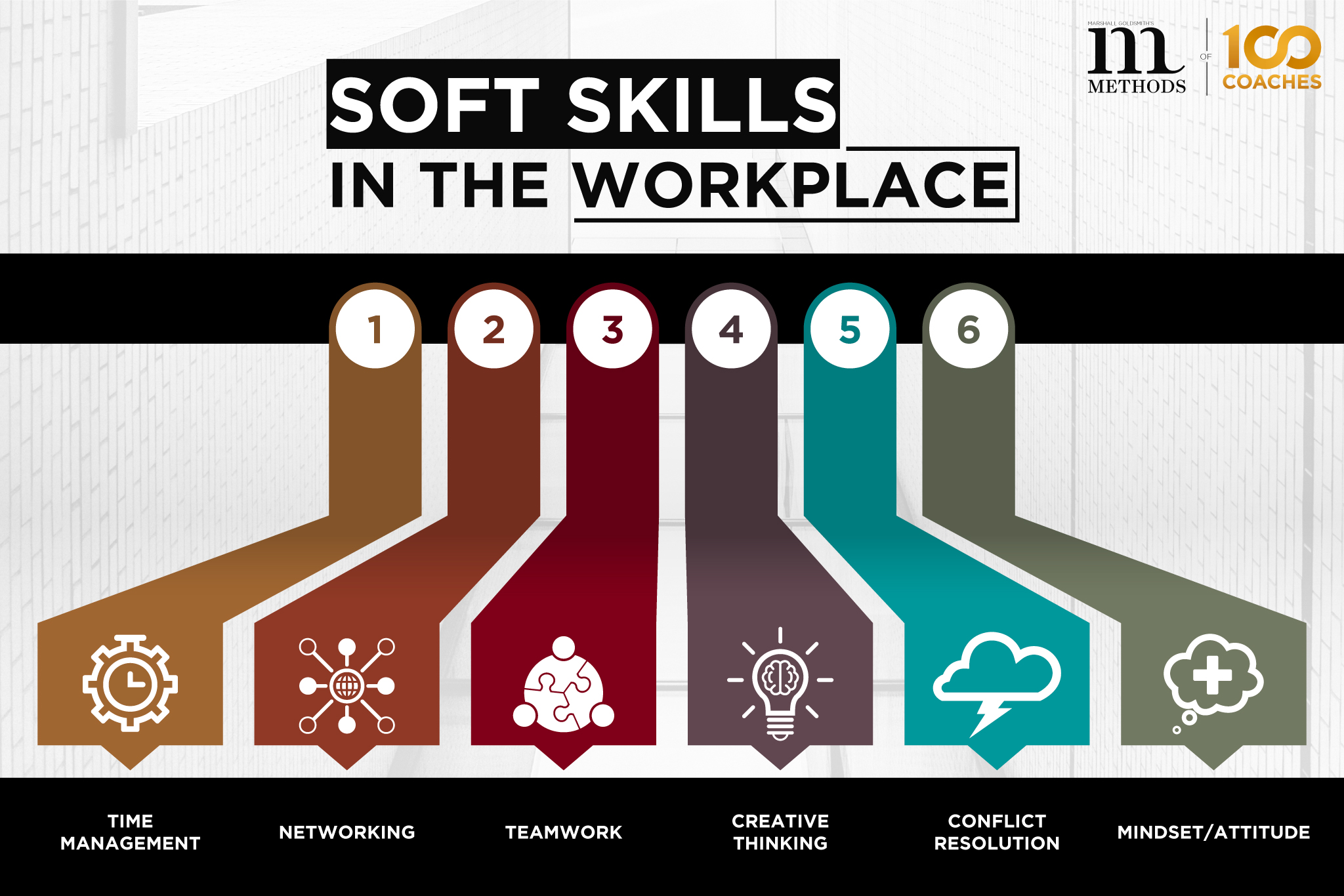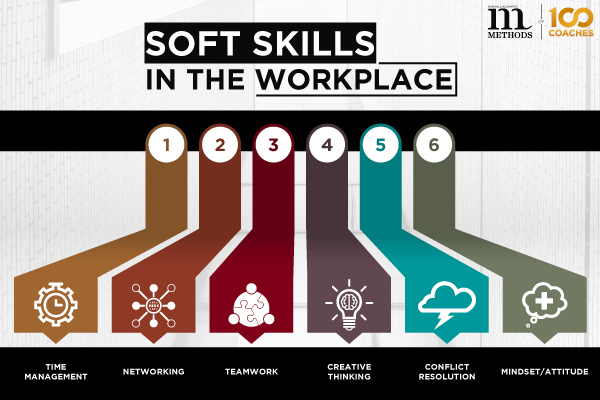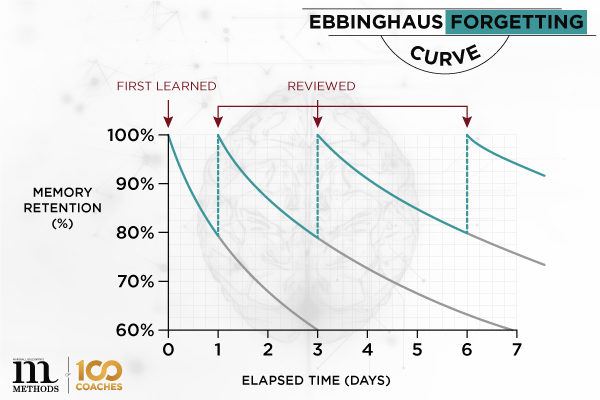In recent years, it seems that more than almost any other new development in business management theory, “soft skills” has emerged as one of the most popular new trends in leadership. You hear it everywhere around the workplace; in board rooms discussing current CEO capacities, in job interview questions asking candidates which of these they possess, and in casual conversation when talking about the human side of doing business. The phrase itself has almost become a joke due to overuse (in the same way that “mission” and “value” statements had in the late 20th century), but this shouldn’t diminish its value even by a small amount. The reason the term has gained such popularity is because the concept is highly valuable and potentially transformative, and has been a key factor of success in many high performing organizations in modern times. In some cases, it has been the one single determinant of success in a fast-moving business landscape.

Despite the fact that I’m sure anyone reading this probably already knows what soft skills are, let’s examine a definition at the risk of being repetitive. Soft skills, according to the Oxford Dictionary are: “Personal attributes that enable someone to interact effectively and harmoniously with other people.” While this may seem a bit broad, this definition represents the underpinnings of soft skills and why they’re important: it’s about getting along well with other people, and working together in a way that is mutually beneficial not only to both individual parties but also to the company for which they work at large.
In practice, soft skills often look like this:
Time Management
This is often cited as one of the main struggles professionals in the workplace have, and therefore it seems one of the most important to master. If you can get control of your calendar, you can get control of your work and your life. The modern working environment is one filled with distractions. We’re pulled away at every moment by our phones, email, and people popping into our office — it’s incredibly easy to get off track. When you can better manage your time, this has less of a chance of happening and is therefore indispensable to your productivity.
Networking
The ability to network is the ability to throw yourself into a crowd of unknown people and start to form relationships. This may be within the context of a networking event, where everyone is there for the same purpose — to expand their professional network — or it may be done informally when the chance presents you with an opportunity. Those who possess a good amount of soft skills can navigate these situations expertly, with friendliness and warmth, in order to make a new “connection” that could mutually benefit the two parties at some later time.
Teamwork
This one is a no-brainer and one of the few soft skills we’re explicitly taught since school child age. Play nice with one another; be a good sport; treat others the way you’d like to be treated; learn to share.
Creative Thinking
While this is difficult to teach people as it is an abstract concept, the power of creative thinking should not be underestimated. It is the foundation upon which all innovation is built, and often the source of the next bullet on this list.
Conflict Resolution
Conflict in life (and in business) is unavoidable, so we’re left with only one option: learn to deal with it. The more you understand people and their individual motivation, their emotions, their wants and needs, the easier it will be to see solutions to a conflict that would otherwise feel daunting to surmount. When problems can’t be solved with equations or theories or best practices, and the issues often involve personal differences of opinion, soft skills in solving problems and resolving conflict peacefully and productively between two parties is an absolute must.
Mindset / Attitude
Throughout all of these soft skills, they could almost be wrapped up under one umbrella: having a positive attitude and a growth mindset. To have soft skills is to be tapped into the human side of business, and to do that, we must deploy a growth mindset. Coined by Stanford psychologist Carol Dweck, the “growth mindset” represents a belief and attitude that “people believe that their most basic abilities can be developed through dedication and hard work—brains and talent are just the starting point. This view creates a love of learning and a resilience that is essential for great accomplishment.” In practice, this looks like: seeing failures as learning opportunities and not a bad thing, looking at the glass “half full” as opposed to “half empty” and being willing to meet challenges with a sense of resilience.
For some older members of the business community, you may be thinking “That’s all nice and heart-warming, but what about the technical, knowledge-based aspect of jobs?” And this is a valid question. It’s long been known that in business, we need what are known as “hard skills” — the concrete, knowledge-based skills relating to the specific job or industry you’re in that allow you to do it successfully. For instance, one does not become a math teacher without learning the ins-and-outs of arithmetic; that is the hard skill involved there. A worker at an airplane manufacturing plant working a part of the assembly line to fit upholstery to seats has to know what they’re doing and how to do it; this is also the soft skill. In the past, before we as a culture understood the value of soft skills, positions were filled by candidates largely on the basis of an assessment of their hard skills. Can they do the job? Are they competent? Of course, this is still needed; we can’t hire so
A good illustration of the need for both hard and soft skills can be found in a salesman. The salesperson, depending on what they’re selling, will need at least a passing familiarity with their company’s product, but they also need to be good enough with people to communicate well, be friendly, and land a sale. In situations like these — where a salesperson is trying to sell directly to the customer — seldom is the quality or spectacularity of the product basis enough to garner a deal. They need to be assured of its functionality, usefulness, and how it’ll improve their day-to-day by a trained and professional salesperson, who talks to them person-to-person and adds added value to their repertoire of soft skills.
Soft skills aren’t going anywhere soon. While we’ll always need hard skills to complete the technical knowledge-based parts of our jobs, as long as we’re human beings living in a social culture, we’ll need soft skills, and lots of them. With that, the business world (and perhaps the world at large) will be a better place.
To learn more about how you can improve soft skills in your leadership practices, get access to Chester Elton’s course on Team Management from Methods of 100 Coaches, where he showcases a variety of ways in which you can tap into using soft skills to better your business.
You’ll learn through high-quality interactive video lessons that shape themselves based on your responses, completely with knowledge checks and accountability features to keep you at the top of your game.





